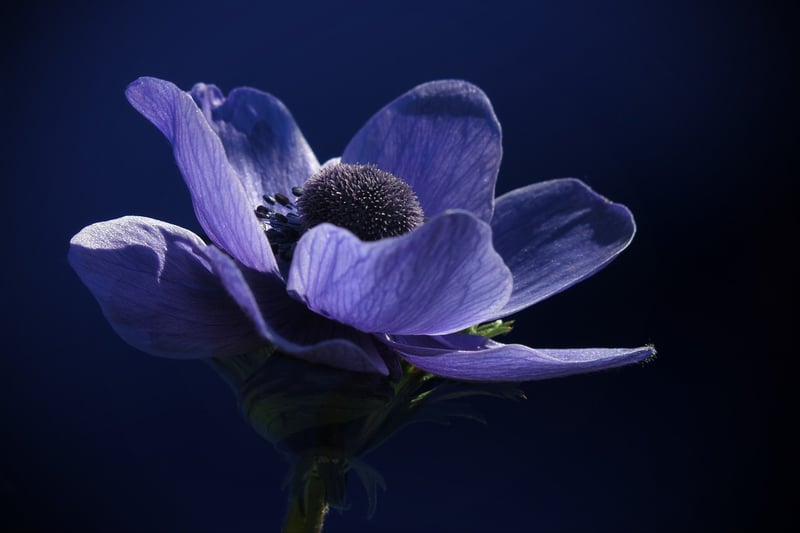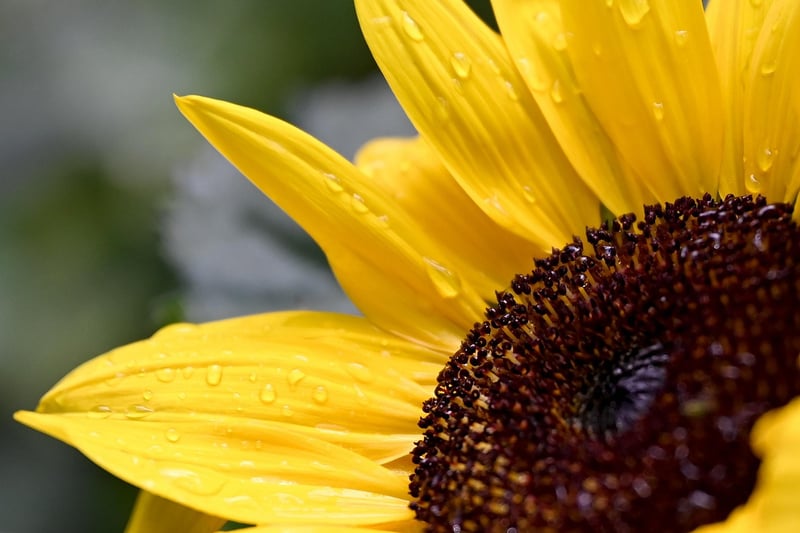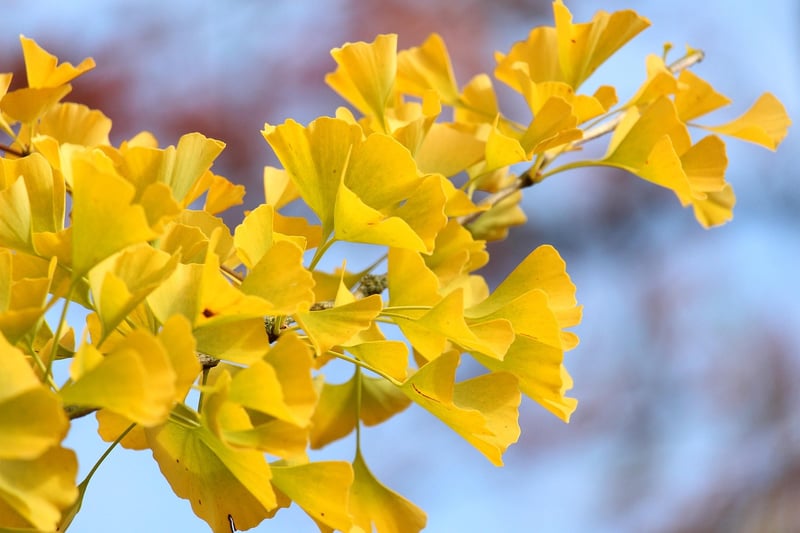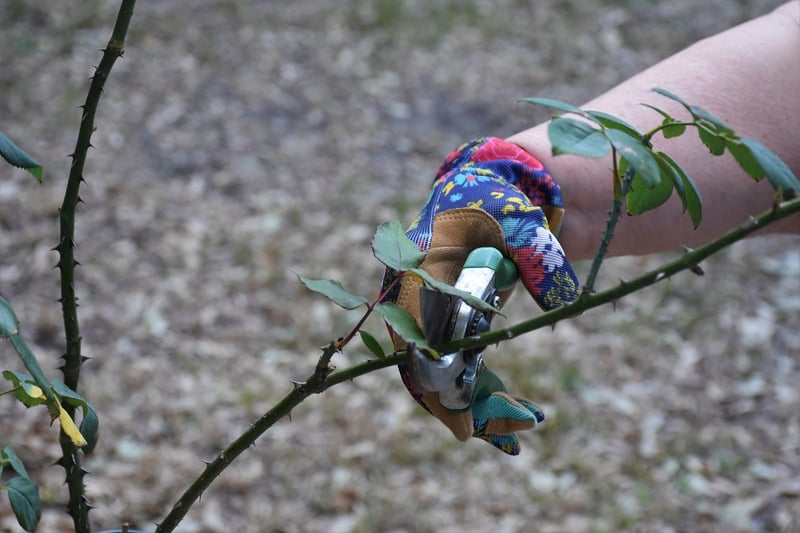Seasonal Maintenance
Keeping Your Plants Healthy: Seasonal Maintenance Guide
Plants are a beautiful addition to any home or garden, but to keep them thriving throughout the year, it's essential to provide them with proper care and attention. Seasonal maintenance plays a crucial role in ensuring your plants stay healthy and vibrant. Here are some tips to help you maintain your plants year-round:
Spring
As the weather warms up and plants start to grow again, spring is the perfect time for some essential maintenance tasks:
- Prune any dead or damaged branches to encourage new growth.
- Fertilize your plants to provide them with essential nutrients for the growing season.
- Check for pests and diseases and take necessary actions to prevent infestations.

Summer
With the sun shining bright, summer is a time when plants are actively growing. Here's how you can help them thrive:
- Water your plants regularly, especially during hot and dry periods.
- Deadhead flowers to encourage continuous blooming.
- Keep an eye out for signs of heat stress and provide shade if needed.

Fall
As the temperatures start to drop, fall is a critical time to prepare your plants for the upcoming winter months:
- Clean up fallen leaves and debris to prevent mold and pests from settling in.
- Plant fall bulbs for a beautiful display in the following spring.
- Consider moving sensitive plants indoors or providing them with extra protection.

Winter
While plants may seem dormant during winter, they still need care to survive the cold months:
- Reduce watering frequency but ensure plants do not completely dry out.
- Protect plants from frost by covering them with blankets or burlap.
- Prune dormant plants to remove dead or diseased branches.

By following these seasonal maintenance tips, you can help your plants stay healthy and vibrant throughout the year. Remember, each plant has its own specific needs, so be sure to research and understand the requirements of your plants to provide them with the best care possible.
Happy gardening!
